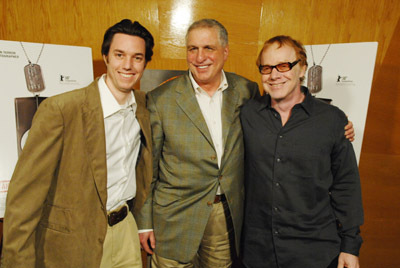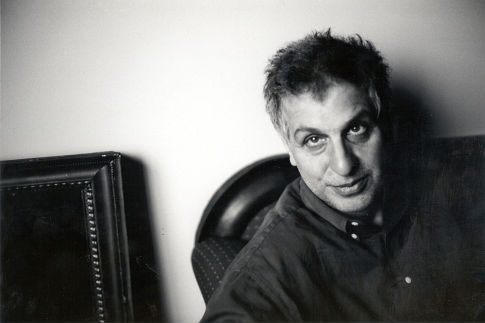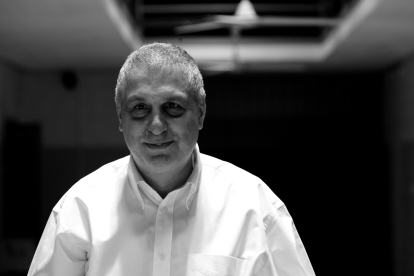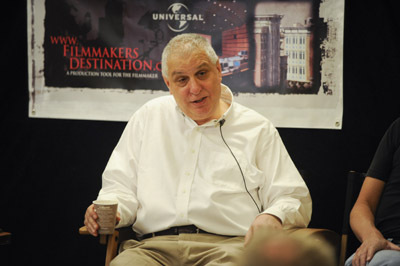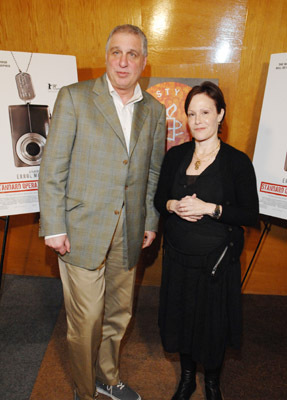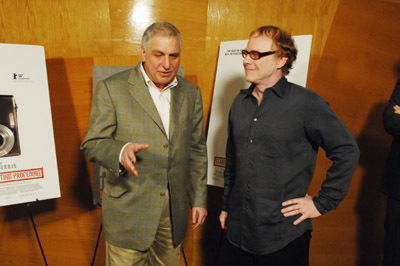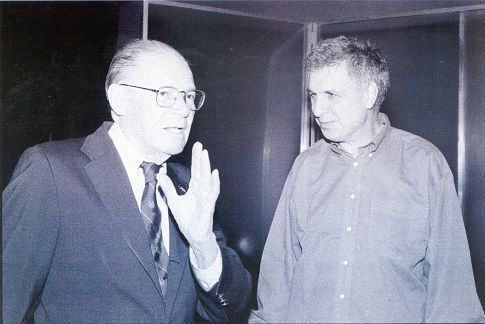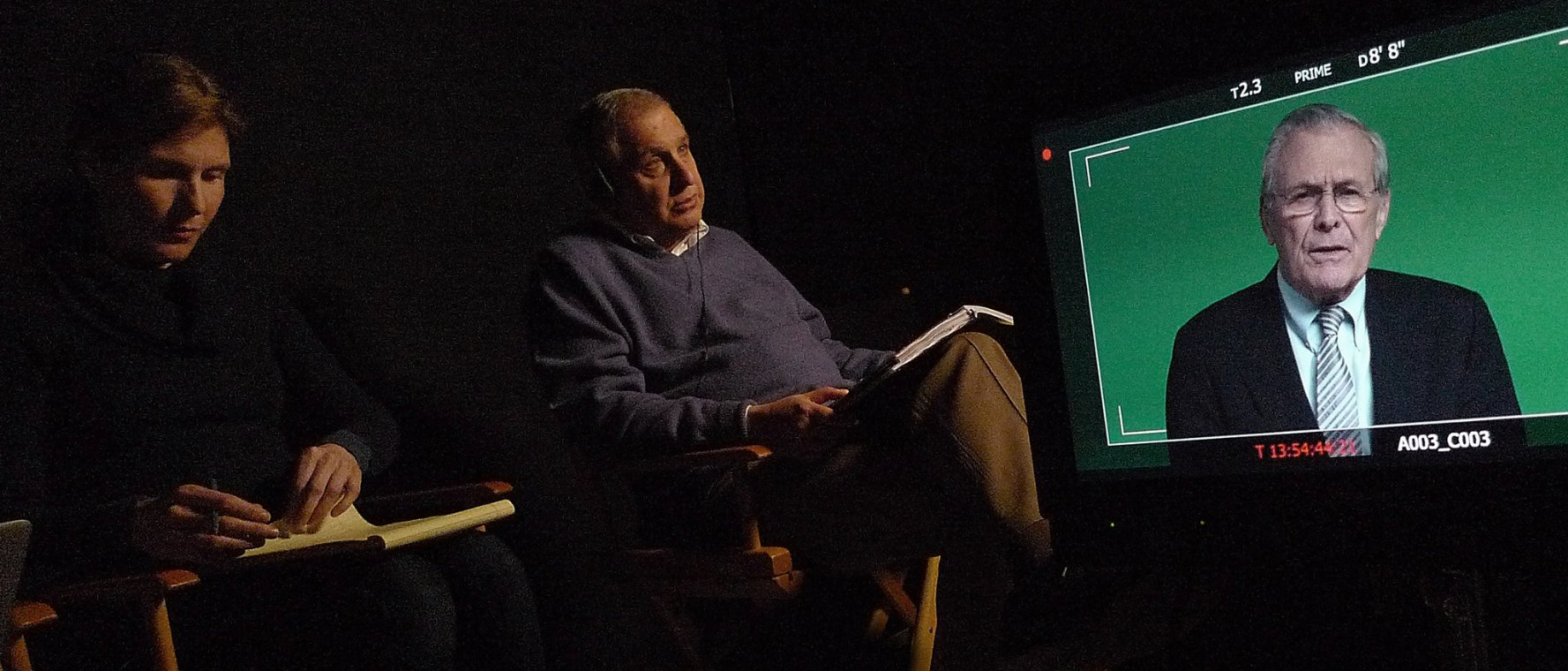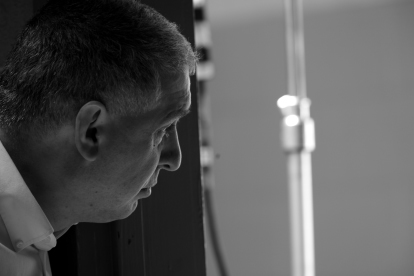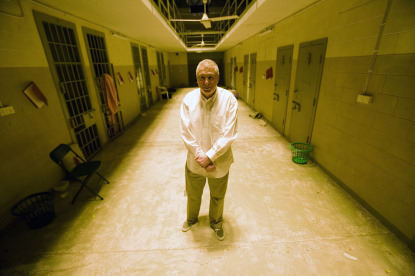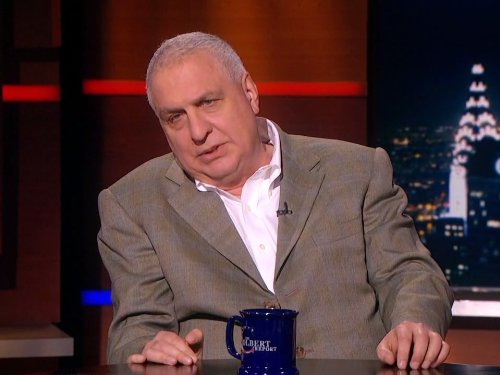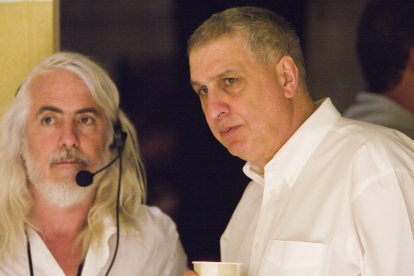
Errol Morris
Birthday: 5 February 1948, Hewlett, Long Island, New York, USA
His documentaries helped spur a rebirth of non-fiction film in the 80s & garnered wide critical success. But until 2003's "The Fog of War," Morris was shunned by the Academy Awards. ...Show More
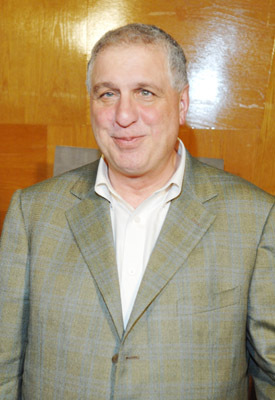
[on his documentary 'The Known Unknown' and perceived differences between its treatment of Donald Ru Show more
[on his documentary 'The Known Unknown' and perceived differences between its treatment of Donald Rumsfeld and of Robert MacNamara in the earlier 'The Fog of War'] Well, of course I'd expected there'd be invidious comparisons, because why make comparisons if they're not going to be invidious? I used to say that Genesis got it wrong and it needed to be amended, because it assumes that th Heavens are better than the Earth. So if God created the Heavens and the Earth, knowing one was better than the other, he must have first created the invidious comparison. So I would like it to read 'and God created the invidious comparison, and saw it was good. And on that basis did everything else'. Hide
If you leave people alone and don't interrupt them, within three or four minutes, they'll show you j Show more
If you leave people alone and don't interrupt them, within three or four minutes, they'll show you just how crazy they really are. [2015] Hide
One of the guards at the Wisconsin state crime laboratory at that time gave me one of the most compe Show more
One of the guards at the Wisconsin state crime laboratory at that time gave me one of the most compelling definitions of what is real. He took me into the room of [serial killer Ed] Gein artifacts and pointed to the cane chair where Ed had removed the cane and sewn in the buttocks of a woman. And without any trace of irony the guard looked at me and said, 'You can tell it's real, because you can see the asshole.' Hide
If everything was planned, it would be dreadful. If everything was unplanned, it would be equally dr Show more
If everything was planned, it would be dreadful. If everything was unplanned, it would be equally dreadful. Cinema exists because there are elements of both in everything. There are elements of both in documentary. There are elements of both in feature filmmaking. It's what makes, I think, photography and filmmaking of interest. Despite all of our efforts to control something, the world is much, much more powerful than us, and more deranged even than us. Hide
I filmed people on what I guess you would call 'sets.' I designed what the frames looked like. [2015 Show more
I filmed people on what I guess you would call 'sets.' I designed what the frames looked like. [2015] Hide
[on criticism of his even-handed characterization of Donald Rumsfeld's personality] I don't mean to Show more
[on criticism of his even-handed characterization of Donald Rumsfeld's personality] I don't mean to sound defensive, though I am defensive. But not all interviews work by virtue of being adversarial. And this film - self-serving for me to say so, but I'll say it anyway - this film could never have worked as an adversarial film for many reasons. Hide
[an interviewing technique when dealing with a perceived untruth] In that moment, you're a chess pla Show more
[an interviewing technique when dealing with a perceived untruth] In that moment, you're a chess player - you have various moves open to you. If you're creating some kind of dramaturgy, where you want to capture conflict and an altercation between a subject and an interviewer, then do you want to go down that road and ask him to explain? But if the film is an essay on what is going on inside this one man's head - Is he actually aware of what was just read to him? - well we just sit there looking at each other. Hide
It's not as though there's this hidden Rumsfeld I didn't capture. I think I captured the real Rumsfe Show more
It's not as though there's this hidden Rumsfeld I didn't capture. I think I captured the real Rumsfeld and its there on display. Sometimes the power of an interview - often, in my view - comes from things that are not said. Hide
Over the years, I have been put in this very defensive position, as if I have to really defend many Show more
Over the years, I have been put in this very defensive position, as if I have to really defend many of the techniques that were used in The Thin Blue Line (1988). reenactments being one of them. Finally I have come up with an answer that I find somewhat satisfactory: That everything is a reenactment. Consciousness is a reenactment of reality inside of our skulls. None of us have direct access to the real world as such. And the job of nonfiction is not just simply turning on a camera and pointing it in one way or another, but in creating a relationship and the real world. [2015] Hide
[re critics' question about whether he was tough enough with Donald Rumsfeld in documentary The Unkn Show more
[re critics' question about whether he was tough enough with Donald Rumsfeld in documentary The Unknown Known (2013)] I believe yes, I was for many, many, many reasons. I look at it as a devastating portrait, a frightening portrait. Do I contradict him? Quite often. But the goal is not to endlessly contradict him. I much prefer it - I hope I am not giving away too much here - I much prefer it when he contradicts himself, which he does unendingly. Hide
I don't believe truth is conveyed by style and presentation. I don't think that if it was grainy and Show more
I don't believe truth is conveyed by style and presentation. I don't think that if it was grainy and full of handheld material, it would be any more truthful. Oddly enough, people don't want truth. They want to avoid having to think. If anybody really thinks that truth and style are one and the same - that if you obey a set of documentary conventions truth magically pops out - well, that's not the way it works. Hide
[Rumsfeld has an] absolute inability to appreciate irony on any level. He exhibits endless examples Show more
[Rumsfeld has an] absolute inability to appreciate irony on any level. He exhibits endless examples of irony deficit disorder. He has, I would say, almost no awareness of himself. He's aware he needs to justify himself, he needs to explain himself - in the words of Jerfferson, he needs to give 'an account of thy stewardship' but beyond that is little or nothing. Hide
Ecstatic absurdity: it's the confrontation with meaninglessness.
Ecstatic absurdity: it's the confrontation with meaninglessness.
Once, on the anniversary of the making of Citizen Kane (1941), I was interviewed by The New York Tim Show more
Once, on the anniversary of the making of Citizen Kane (1941), I was interviewed by The New York Times. Everybody was somehow lined up to say why 'Kane' was the greatest movie of all time or, if you don't like that hyperbole, the greatest American film of all time. And I said, well no, I don't even think it's the greatest American film of all time. I think Detour (1945) is. I really like 'Detour' because it's film noir stripped bare to its essentials. Hide
[in a 1987 interview] I don't shoot like a documentary filmmaker. What I do has absolutely nothing t Show more
[in a 1987 interview] I don't shoot like a documentary filmmaker. What I do has absolutely nothing to do with cinema verite. The idea isn't to creep up on people or use low or available light. We go in with a lot of equipment, the camera is on a tripod, and the person who speaks to the camera is perfectly aware of what is going on. In some sense, he is performing for the camera. Hide
Everything that I've done has been toying with the idea of what a documentary is and what a document Show more
Everything that I've done has been toying with the idea of what a documentary is and what a documentary could be. When I made my first film, I made the conscious decision to take all the rules of documentary filmmaking and discard them because I hated them. [2015] Hide
I directed one dramatic feature under really unfortunate circumstances. Someone asked me, Well why d Show more
I directed one dramatic feature under really unfortunate circumstances. Someone asked me, Well why did you do this?" And I said, "Well really it's quite simple. I did this for the same reason that everybody does everything in Hollywood: vanity and greed." But I plan to go on and make others. Hide
[re _The Act of Killing (2012)_ (qv] I think I can speak independently of my role as executive produ Show more
[re _The Act of Killing (2012)_ (qv] I think I can speak independently of my role as executive producer, because I have no financial interest in this film. The most you can ask from art, really good art, maybe great art, is that it makes you think, it makes you ask questions, makes you wonder about how we know things, how we experience history and know who we are. And there are so many amazing moments like that here. Hide
Errol Morris's FILMOGRAPHY
All
as Actor (7)
as Director (4)
as Creator (1)














